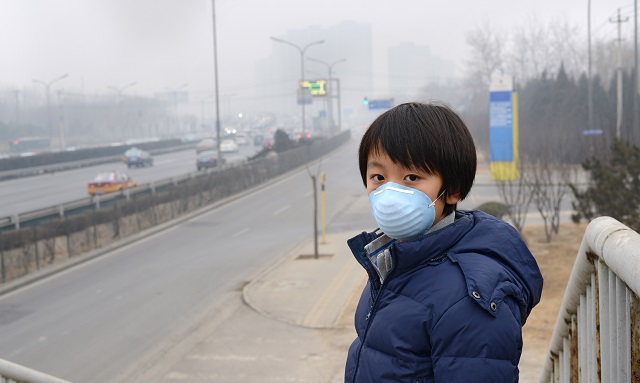
Image Credit: Shutterstock
A Commission led by Ohio State University Professor, William Martin and Liverpool School of Tropical Medicine Professor, Stephen Gordon, studied the health effects of indoor air pollution. The study, published in the journal - The Lancet Respiratory Medicine, estimated that solid fuels like coal, charcoal or wood are being used for heating, cooking and lighting purposes by one-third of the human population, globally.
As a result of this, around three billion people are at an increased risk of early death and respiratory illness, the report added. Predominantly used in African and Asian countries, these solid fuels increase the amount of air pollution, particularly in less ventilated houses.
CAPS - cooking & pneumonia study
Video sourced from: YouTube - Liverpool School of Tropical Medicine
According to reports, the effect of indoor air pollution in India rapidly raises the ambient air pollution such that the overall pollution level is increased by three times of WHO-recommended safety levels.
The Commission stated that about 600-800 million families worldwide are estimated to be at a high risk of respiratory disorders such as asthma, lung cancer, COPD and pneumonia. According to estimations, as of 2010, about 3.5 to 4 million deaths occurred due to indoor air pollution.
The researchers stated that more efforts need to be taken by the countries in creating awareness about the risks involved in using solid fuels for cooking in places with poor ventilation. In most cases, women and children living in poverty are the victims of cancer and respiratory diseases caused by indoor air pollution, owing to the lack of healthcare facilities.
Even though there are several clean cooking technologies available, Professor Gordon emphasized the need for affordable, effective and clean cooking methods and fuels which will better suit different societies.
The Commission reviewed the health impacts of household air pollution and concluded that the knowledge on effective measures to prevent indoor air pollution in the global community is essential to mitigate the rising death toll.